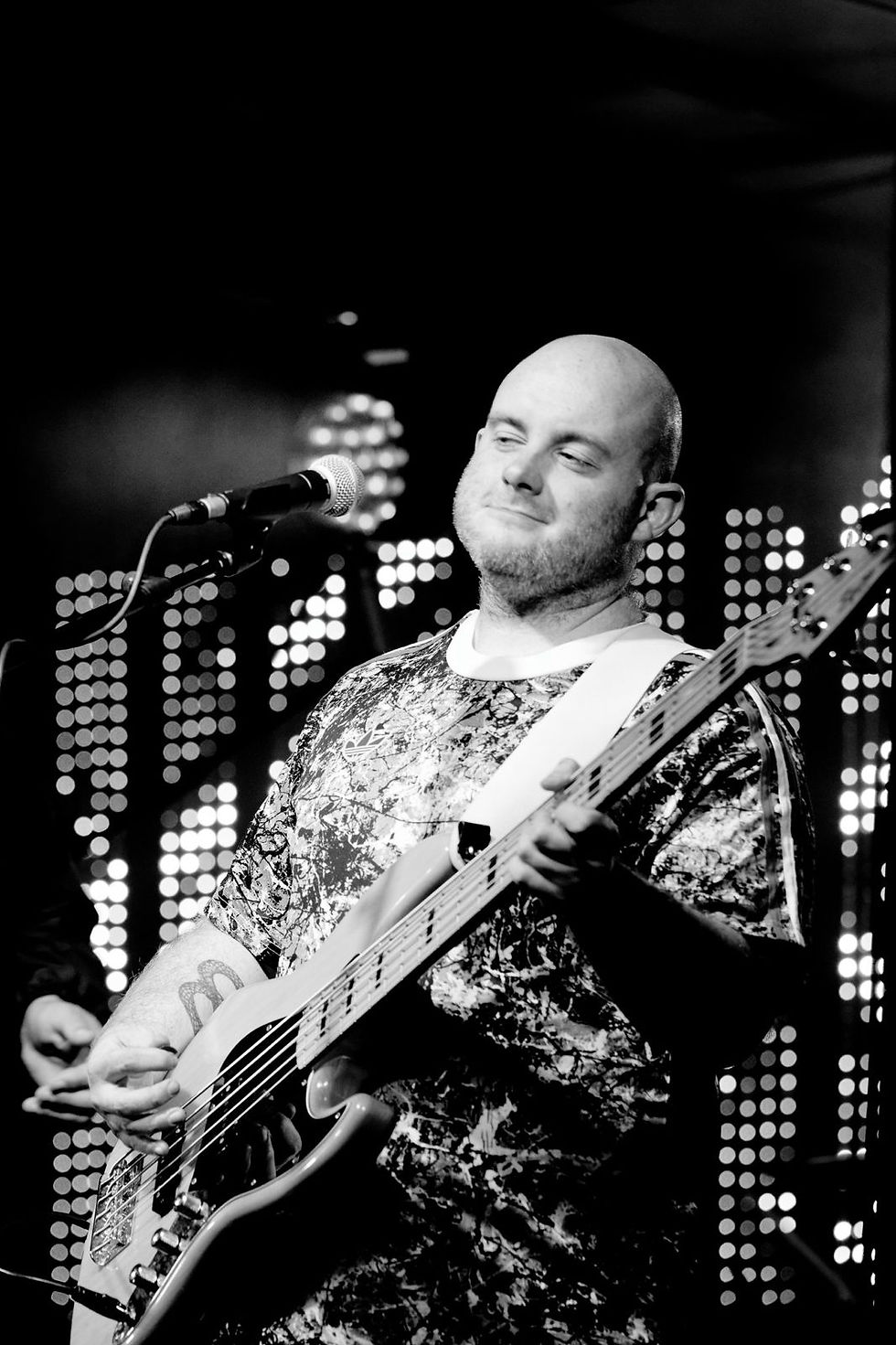Why is learning a musical instrument so slow?
- stevenswiftmusic
- Jan 4
- 1 min read
Updated: Jan 5
"Learning a musical instrument is like building a house".
You need a strong foundation to support everything else that comes later.
That foundation includes skills like coordination, muscle memory, listening, and understanding music theory. All of these take time because your brain and body are learning to work together in ways they’ve never done before.
Imagine how an athlete trains: they don’t just learn the rules of their sport, they also build their strength, stamina, and precision over time. Learning music is similar. Your fingers, ears, and mind need time to get comfortable with each new skill.
The good news is that every little bit of effort adds up, even when you don’t notice it right away. Consistent practice, patience, and focusing on small wins—like learning a chord, mastering a riff, or playing a short piece—are the keys to getting better. Eventually, what once felt hard will become second nature.
To help, I’d offer the following:
Set Clear, Achievable Goals: Break learning into smaller steps. For example, focus on playing one song, mastering one scale, or improving a specific technique.
Celebrate Progress: Acknowledge even small improvements to keep motivation high.
Customise Practice Plans: Tailor practice routines to suit your interests and abilities, mixing technical exercises with fun pieces.
Teach Smart Practice Habits: How to practice effectively—slow practice, repetition, focusing on tricky sections, and taking breaks when needed.
Foster Patience and Growth Mindset: Challenges are part of the process and every great musician started from the same place.



Comentarios